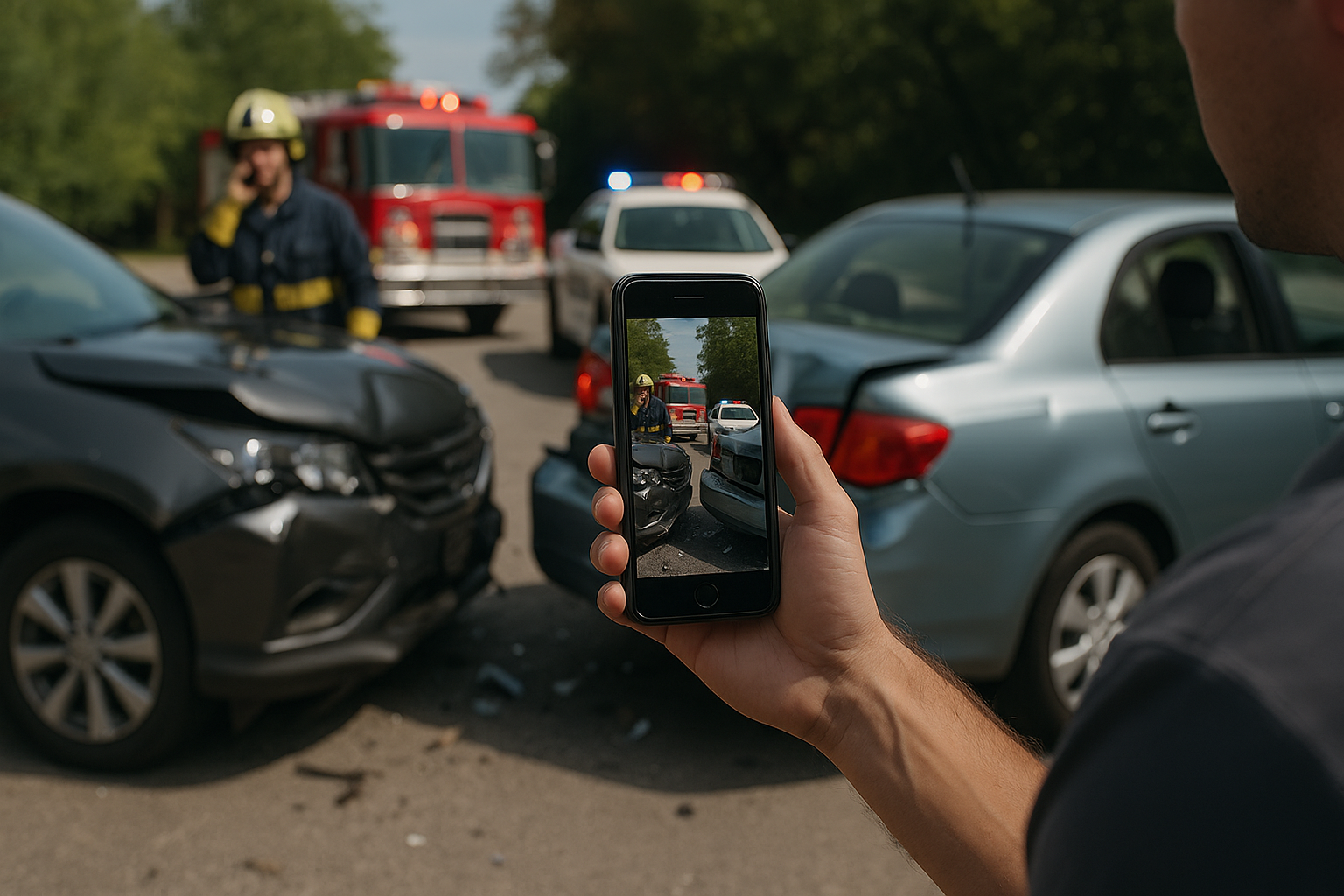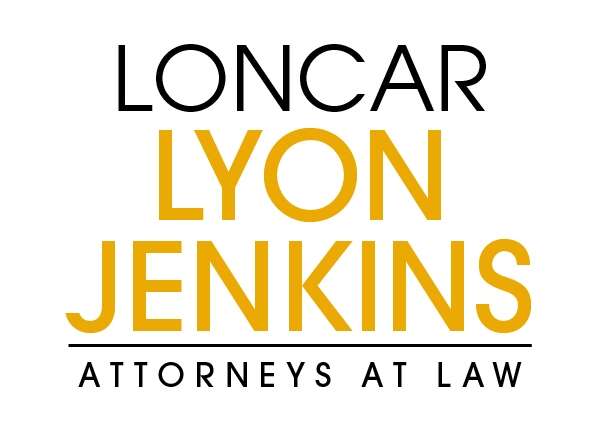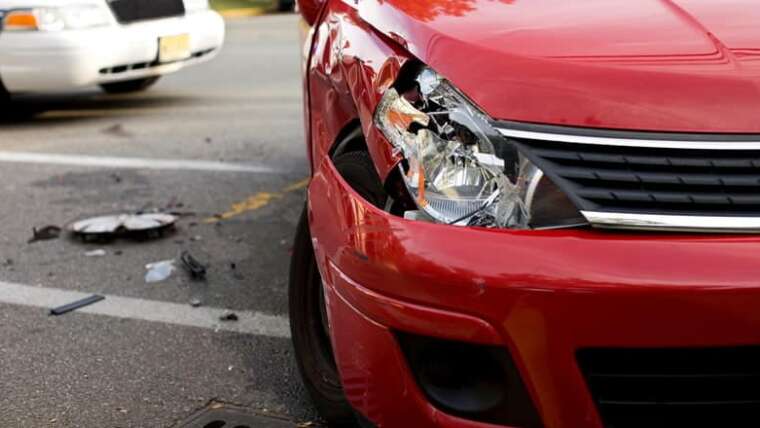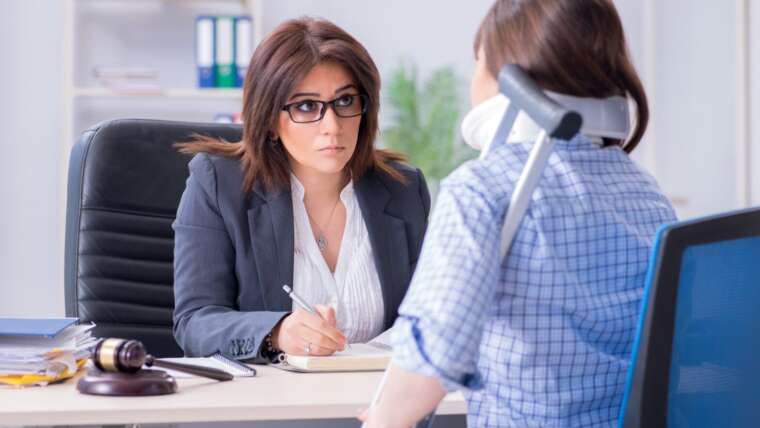Car accidents can happen when you least expect them, leaving you shaken, confused, and unsure of your next steps. Prioritizing the right actions immediately after a collision safeguards your safety and preserves your health, financial interests, and legal rights. It’s vital to take informed steps to prepare for the days and weeks following an accident. If you need guidance tailored to your needs, a qualified Denver car accident lawyer can assist during these challenging moments.
Many people feel overwhelmed following a crash, especially as they try to assess any injuries, vehicle damage, and what information they should collect. Besides the obvious stress, you may also face pressure from insurance companies or other parties at the scene. Awareness of what to do next is essential for ensuring your well-being, streamlining your insurance claim, and protecting your rights, especially in complex or contested situations.
Table of Contents
Ensure Safety First
Safety is the top priority after a car crash. Begin by checking yourself and your passengers for injuries, then evaluate your surroundings. If your vehicle is drivable and safe to move out of traffic to avoid further accidents. Activate your hazard lights; if you have them, use cones or flares for extra visibility. If relocating the vehicle isn’t possible, remain inside with your seatbelt on until you are certain it is safe or help arrives.
Contact Emergency Services
Regardless of the crash’s significance, always notify emergency services by calling 911. A police report creates an unbiased, official record often vital for insurance claims and potential legal disputes. When speaking with responders, share only factual details of what occurred and do not speculate or admit fault, as determination of responsibility is handled through formal investigations. Consulting a motorcycle accident attorney early on can help ensure the report and subsequent evidence are used effectively to protect your rights if you were involved in a motorcycle crash.
Document the Scene
Thorough documentation can make the difference in proving what happened during the accident. Take photos and videos using your phone, focusing on:
- All vehicles involved, from multiple angles, to capture the location and extent of damage.
- Close-ups of license plates, vehicle interiors, and debris.
- Conditions of the road, traffic signs, skid marks, weather, and other environmental factors.
- Visible injuries to yourself or passengers.
In addition to visual evidence, speak with nearby witnesses and collect their names and phone numbers. Unbiased accounts by independent witnesses are highly valuable, especially in conflicting statements between drivers.
Exchange Information
Swap essential information with all parties involved in the crash. Make sure to write down or take photos of:
- Names, telephone numbers, and addresses of drivers and passengers.
- Driver’s license numbers of all drivers.
- Vehicle registration and license plate numbers.
- Insurance company details and policy numbers.
- Make, model, year, and color of all vehicles involved.
Before leaving the scene, review the written information for accuracy to prevent complications during your insurance claim process.
Seek Medical Attention
Do not delay a medical evaluation after an accident, even if you feel fine. Certain injuries—like whiplash, concussions, or internal trauma—may not present symptoms right away but can become serious over time. Visit a healthcare provider for a thorough check-up and ensure all findings and treatments are well-documented. A medical report is vital to any insurance claim or personal injury case, especially when symptoms appear later.
Notify Your Insurance Company
As soon as you can, notify your insurer about the crash. Be prepared to supply documentation and an honest account of the events, including police reports, photos, and contact details you’ve gathered. Remember, you are not required to accept the first settlement offer or agree to make a recorded statement—notify your attorney before taking these steps, as what you say or sign could affect your claim’s outcome.
Consult a Legal Professional
If significant injuries, property damages, or disputes about fault exist, contact an attorney promptly. Working with a legal professional ensures that your rights are represented and that you have expert guidance throughout the claims process, negotiation, or any required litigation. A skilled attorney can help avoid pitfalls and maximize your settlement, steering you away from common mistakes and protecting you from intimidation by insurance companies.
Maintain Records
Organization is key to a successful claim. Keep a dedicated file, digital or physical, containing:
- Medical diagnoses, prescriptions, and bills.
- Repair estimates, receipts, and itemized expenses for property losses.
- Insurance correspondence, claim numbers, and adjuster contacts.
- A written or audio diary reflecting on your injuries, pain, recovery, and how the accident has impacted your life.
You may be asked for these details weeks or even months after the crash, and complete records make it far easier to respond quickly and accurately.
Final Thoughts
Car accidents are overwhelming, but the steps you take in the moments and days afterward can make a lasting difference in your recovery and financial stability. By prioritizing safety, documenting evidence, and seeking medical and legal guidance, you strengthen your ability to secure fair compensation and move forward confidently. Partnering with an experienced car accident lawyer ensures you’re not navigating the process alone, giving you the support and advocacy you need during a difficult time.



